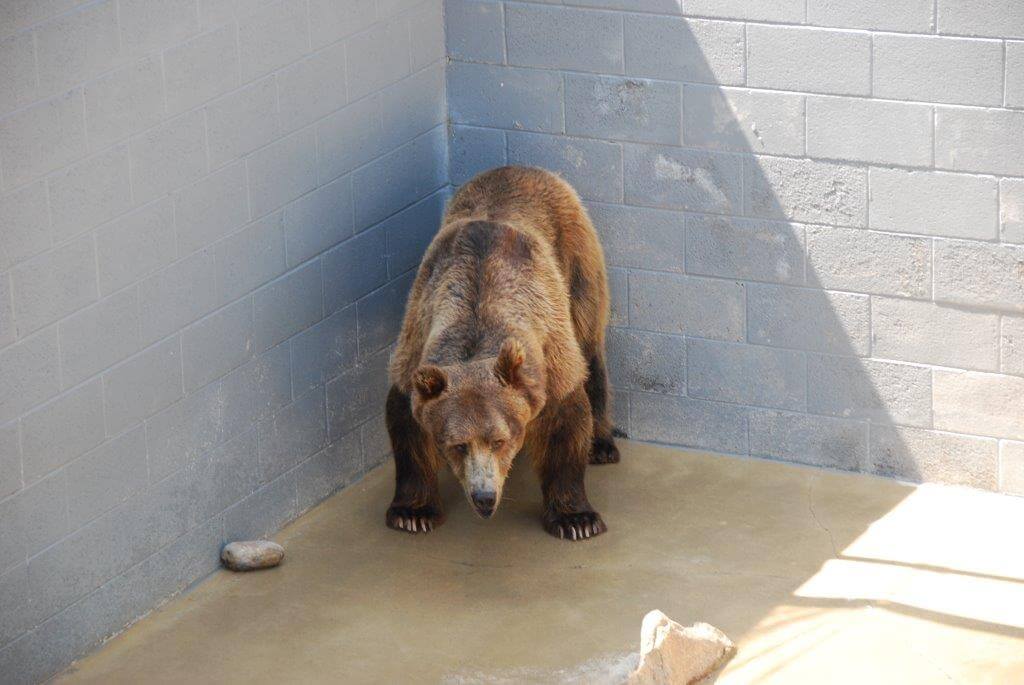These Videos Prove That Animals Don’t Want to Be in Zoos
Many members of the zoo industry regard the animals they keep as commodities, and animals are regularly bought, sold, borrowed and traded without regard for established relationships. Ticket sales fund these separations, and although zoos may cry “conservation!” when they breed animals, baby animals are big-ticket sellers for many facilities – and may not be wanted when they are no longer considered “cute” or profitable.
And what’s more, animals really, really don’t want to be imprisoned there, where typically, they either cannot engage in or are severely restricted from engaging in their natural behaviour, such as flying, swimming, running, climbing, scavenging, foraging, digging, exploring and selecting a mate.
Even though animals don’t speak any human language, it’s clear that they don’t want to be held captive to entertain gawking crowds and noisy children. These videos may have you crossing a trip to the zoo off your family’s vacation itinerary.
Octopus Inky’s Great Escape Shows Marine Animals Don’t Want to Be in Aquariums
Inky the octopus and other great escapes
Inky the octopus made a dash for freedom this week, by apparently breaking out of his tank and slithering down a 50-metre drainpipe. But we should not be surprised – octopuses can squeeze through tiny spaces.
Posted by The Guardian on Wednesday, April 13, 2016
Inky shows us something that should be obvious: animals don’t want to be held captive.
Gorilla Charges and Breaks Glass
This could have been deadly for people and animals.
Lion Claws at Enclosure
https://www.youtube.com/watch?v=HCFKNi3QZpg
[” autoplay=”no”]This lion clearly did not want to play games.
Beluga Startles Children
Chacha the Chimpanzee Escapes From a Zoo
Aquariums, like zoos, imprison complex, intelligent animals. Although the children laugh around the 51-second mark when the beluga lunges towards the glass, a beluga behaviour expert told The Dodo that this was a display of aggression from the whale.
Zoochosis
Animals don’t need to be aggressive in order to show us that they are suffering in captivity.
Many animals in zoos literally lose their minds – a condition called “zoochosis”. Animals with zoochosis engage in neurotic behaviour, such as swaying and pacing, like this bear:
Animals in zoos may mutilate themselves, become overly aggressive, throw faeces and engage in other types of abnormal behaviour not seen in the wild.
All this is caused by the stress of captivity. If you and your family really care about animals, never pay to see them at zoos or aquariums – instead, support only reputable rescue sanctuaries that provide the most natural environments possible and that never buy, breed or sell animals.






